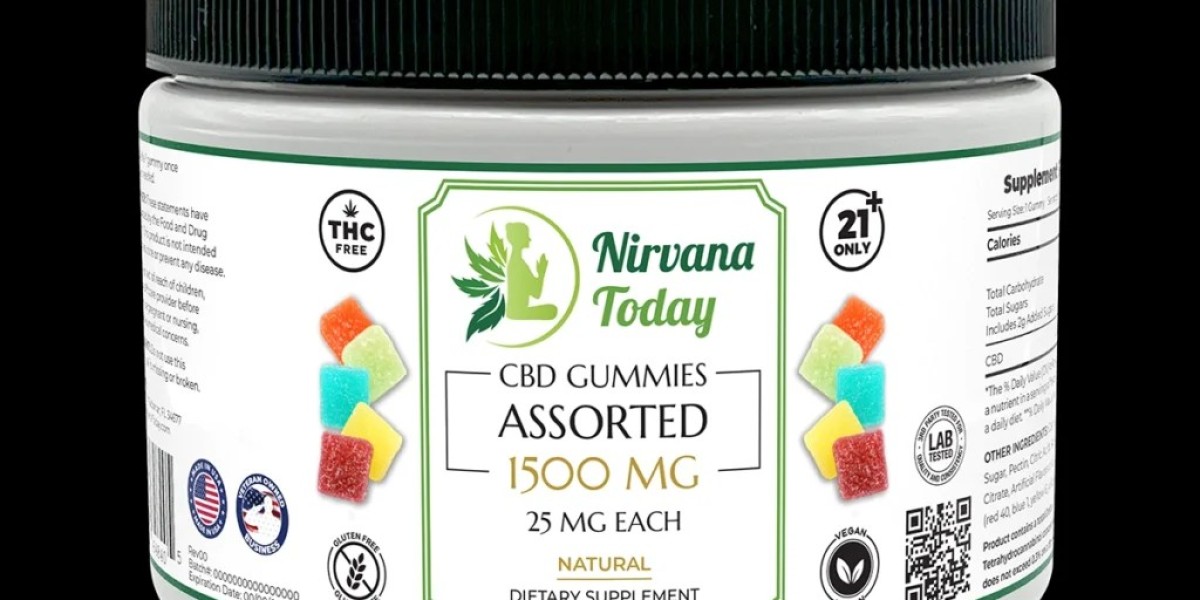In today’s fast-paced world, stress has become a common issue for many people. To combat stress and anxiety, individuals often turn to stress relief supplements. However, a major debate exists between natural vs. synthetic stress relief supplements—which is the better option?
Natural supplements are derived from plant-based or organic sources, while synthetic supplements are lab-created formulations designed to mimic natural compounds. Each type has its benefits and drawbacks, and choosing the right one depends on various factors, including effectiveness, safety, and personal preference.
Natural vs. Synthetic Stress Relief Supplements: Which One is Better?
1. Understanding Natural Stress Relief Supplements
Natural stress relief supplements are made from herbs, vitamins, minerals, and other organic sources. These supplements have been used for centuries in traditional medicine and are often considered safer and more holistic.
1.1 Common Natural Stress Relief Supplements
Some of the most popular natural stress relief supplements include:
Ashwagandha – An adaptogenic herb known for reducing cortisol levels and promoting relaxation.
Rhodiola Rosea – Helps combat fatigue and enhances mental performance under stress.
Chamomile – Commonly used in teas and supplements for its calming effects.
Magnesium – A vital mineral that helps regulate stress and improve sleep quality.
L-Theanine – Found in green tea, this amino acid promotes relaxation without causing drowsiness.
1.2 Benefits of Natural Supplements
Fewer side effects – Since they come from natural sources, they are generally well-tolerated.
Holistic approach – Many natural supplements provide additional health benefits beyond stress relief.
Long-term safety – Traditionally used in herbal medicine with a history of safe use.
1.3 Drawbacks of Natural Supplements
Slower results – May take longer to show noticeable effects.
Inconsistent potency – Quality and effectiveness may vary depending on sourcing and manufacturing.
2. Understanding Synthetic Stress Relief Supplements
Synthetic stress relief supplements are scientifically formulated to target stress-related issues. These supplements often contain lab-made versions of naturally occurring compounds or entirely new chemical formulations.
2.1 Common Synthetic Stress Relief Supplements
Some of the most common synthetic options include:
Benzodiazepines (e.g., Xanax, Valium) – Prescription medications that provide immediate relaxation but can be addictive.
Selective Serotonin Reuptake Inhibitors (SSRIs) – Used to regulate mood and stress responses.
Synthetic GABA (Gamma-Aminobutyric Acid) – A lab-made neurotransmitter that helps calm the nervous system.
Phenibut – A synthetic derivative of GABA that promotes relaxation and reduces anxiety.
2.2 Benefits of Synthetic Supplements
Fast-acting relief – Many synthetic options work quickly to reduce stress.
Precise dosages – Controlled formulation ensures consistent potency.
Scientifically backed – Many are developed based on extensive research and clinical studies.
2.3 Drawbacks of Synthetic Supplements
Potential side effects – Can cause drowsiness, dependency, or withdrawal symptoms.
Not always suitable for long-term use – Some synthetic options may lead to tolerance or addiction.
Requires a prescription – Many effective synthetic stress relief supplements are not available over the counter.
3. Which One is Better? Natural vs. Synthetic Supplements
3.1 Effectiveness
Natural supplements work gradually by balancing the body’s stress response over time.
Synthetic supplements provide immediate relief but may not be suitable for long-term use.
3.2 Safety
Natural supplements are generally considered safer with minimal side effects.
Synthetic supplements can have stronger effects but may also come with health risks.
3.3 Long-Term Use
Natural supplements can be used consistently without major health concerns.
Synthetic supplements should be used with caution, especially those with addictive potential.
3.4 Cost & Accessibility
Natural supplements are widely available and often more affordable.









